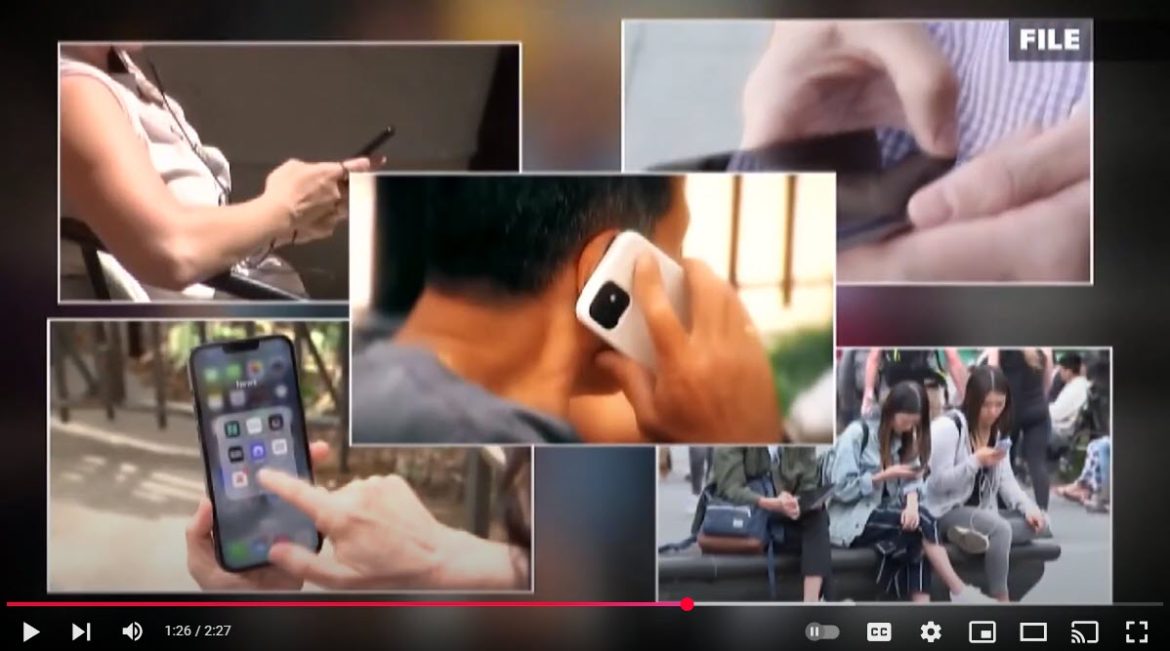In response to the rapid advancement of artificial intelligence (AI) technologies and their misuse in creating explicit deepfake content, Texas lawmakers are advocating for more stringent regulations to protect individuals, particularly minors, from AI-generated exploitation. State Representative Mary González has introduced House Bill 581, which aims to impose age verification requirements on AI platforms that generate explicit content. This measure seeks to prevent minors from accessing or being depicted in such material.
The proposed legislation comes amid growing concerns about the ease with which AI tools can create realistic but fabricated explicit images, leading to cyberbullying and harassment. González highlighted instances where students have used AI to produce intimate images of classmates, emphasizing the urgency of implementing safeguards.
In addition to González’s efforts, the Texas Senate has passed bills targeting AI-generated sexual content involving minors. Senate Bill 20, introduced by Senator Pete Flores, establishes felony charges for possessing explicit depictions of minors, including those created using AI or other computer software.
These legislative initiatives reflect a broader national movement to regulate AI-generated content. At the federal level, the “Take It Down Act,” co-sponsored by Senators Ted Cruz and Amy Klobuchar, seeks to criminalize the distribution of non-consensual intimate images, encompassing deepfake content. Former First Lady Melania Trump has publicly supported this bipartisan bill, underscoring the necessity of protecting children from online exploitation.
The proliferation of deepfake technology has raised significant ethical and legal challenges, as it enables the creation of hyper-realistic but false representations of individuals. Without proper regulations, these technologies can be weaponized for harassment, misinformation, and other malicious purposes.
As AI continues to evolve, Texas lawmakers are striving to balance technological innovation with the imperative to protect individuals from its potential harms. The proposed bills signify a proactive approach to addressing the misuse of AI in creating explicit content without consent.
Sources:
- Texas lawmakers move to regulate AI in explicit content, political messaging
- El Paso lawmaker introduces bills to shield minors from AI-generated explicit content
- What to know about deepfakes bill backed by Melania Trump



